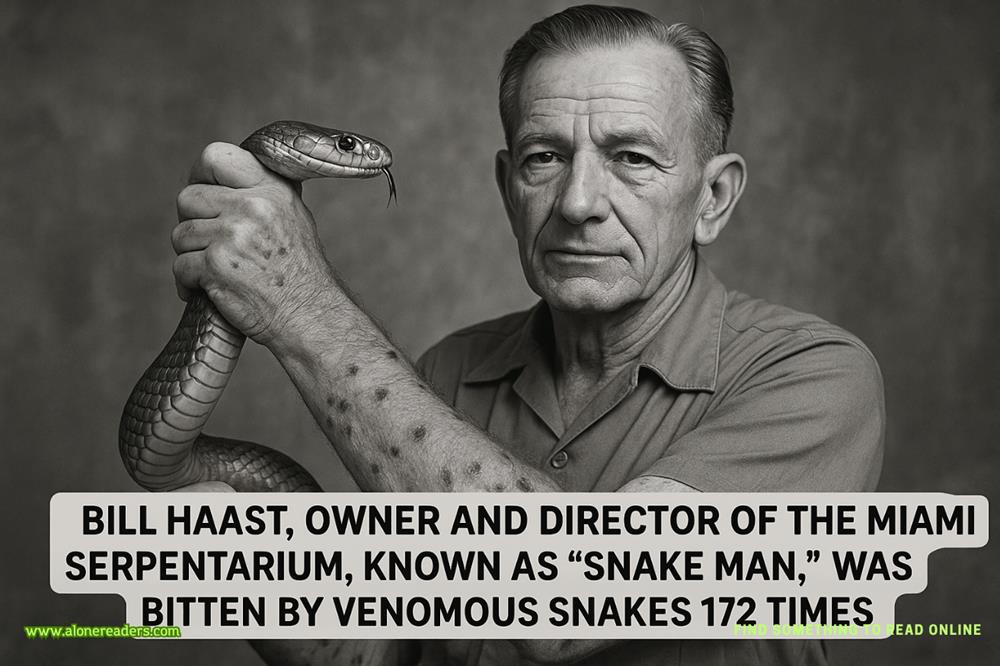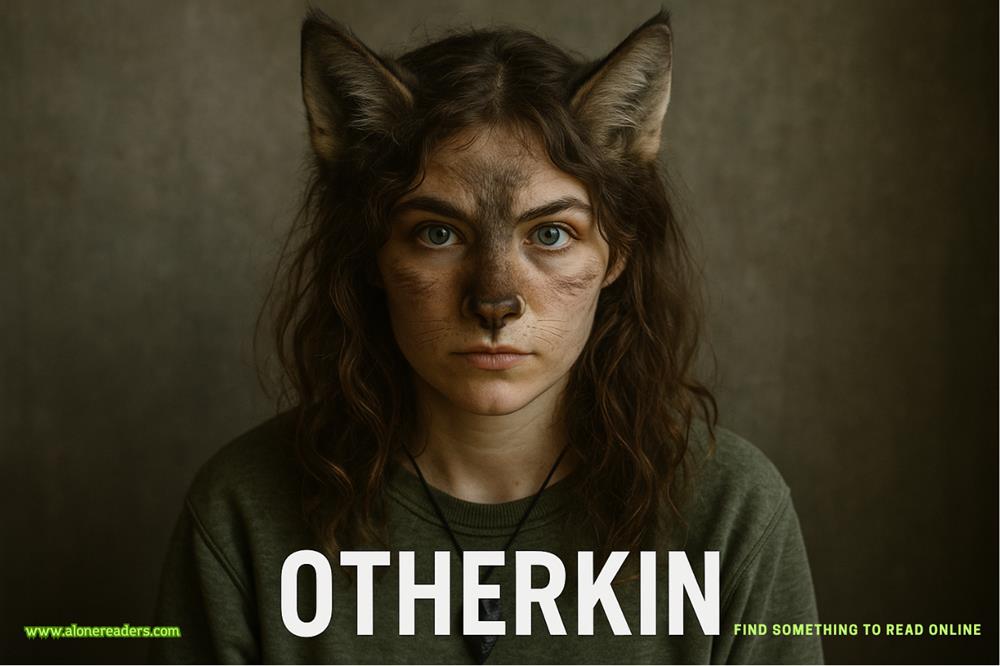Page 63 of The Storm
“He’s not patrolling anymore?” Leo asked. “Levi said Peter was only forging weapons. He takes commissions from all over the world now, huh?”
Volos shrugged. “He’s taking care of Artis, and Artis won’t leave Dunte. Taking care of Artis is his only duty now. The forge just keeps him out of trouble.”
Taking care of Artis was his father’s duty.
But Artis was dying.
So what did a scribe do without duty when duty was his only reason to live?
* * *
“It wasn’t necessary.”Max’s arms were crossed over his chest.
“I don’t agree. It was completely necessary.” Renata spoke in a measured voice. “It may have made you uncomfortable, and I’m sure it made them uncomfortable. But helping our people to grieve is why those songs exist. Singing them brings healing along with the pain.”
“Did you know Ganbaatar had three children?”
“I don’t know who Gan—”
“The Mongolian scribe. Did you know they were all slaughtered? His mate drowned herself because she failed to protect their children.” Max didn’t know why he was so angry. “You think singing about a lark in the morning is going to heal a wound like that?”
Renata’s mouth was set in a stubborn line. “Have you forgotten I am well-acquainted with grief? It’s my duty to help them, whether it pleases me or not.”
A wave of guilt shut his mouth. It was only a few months before that a small child had given Renata an outlet to vent her own grief. And that small child had suffered as a result. It had cost that child to comfort Renata. “It hurt you,” he said. “To sing that lament hurt you.”
“Of course it did.” Her expression softened. “But it’s part of the reason I exist. If Midwinter taught me anything, it’s that I’m more than a soldier. I’m still a keeper of memories, Max. It’s what I’m meant to do.”
He hooked an arm around her neck and pulled her close. “This place, Reni…”
“I know.” She slid her arms around his waist. “I know.”
They stood in the shadow of the oaks and lindens, morning dew wetting their feet from the uncut grass that grew like a wild meadow. Max wanted to take his shoes off and run under the trees like the feral child he’d once been. He wanted to run away.
“Singing a lament isn’t going to heal all their wounds. And maybe nothing will ever heal them completely. But it’s a step in the journey, Max. Just like this journey you and Leo have to take. You don’t have to know the whole path. You can’t. Right now you just have to take the next step.”
Max’s anger lifted with Renata’s gentle words, and the true reason he’d snapped at his mate became clear. “I don’t want to go to Dunte.”
“I know. But you will. And you’re going to face your uncle and your grandfather. You’re going to be with your cousin when he speaks to his father.”
“Peter is a bastard,” Max said. “He doesn’t deserve a son like Leo. At least my father had the decency to die an honorable death. Peter just lingered in the back of Leo’s life, resenting his own son for keeping him alive.”
Renata put both her hands on Max’s cheeks. “Leo is going to try to take care of everyone because that’s who he is. We have to take care of him.”
Max nodded. He could take care of Leo. He’d been doing it since they were children. Someone had to live in the dark corners so Leo could remain the lark singing in the morning. Because Renata was right—their world desperately needed that bright song, and if there was a pure Irin soul in existence, it was his cousin.
* * *
Max and Leosat in the front as they drove the fifty-five kilometers north to the village on the edge of the Gulf of Riga. Kyra slept in the back while Renata worked on her tablet and occasionally took pictures out the window. The journey was silent as Leo watched the streets of the city give way to the patched pavement of the countryside north of the capital. The road ran in a quiet curve, north through wooded villages and farmland that edged toward the sea.
“Do you remember going on horseback?” Leo asked.
“Yes.” Max was behind the wheel. “It took longer.”
“It was a nice trip though. I think riding horses along the coast was one of the few times Artis was ever happy.”
“Music,” Max said. “He was happy when he was playing the guitar.”
“I don’t know about happy. He was content.”















